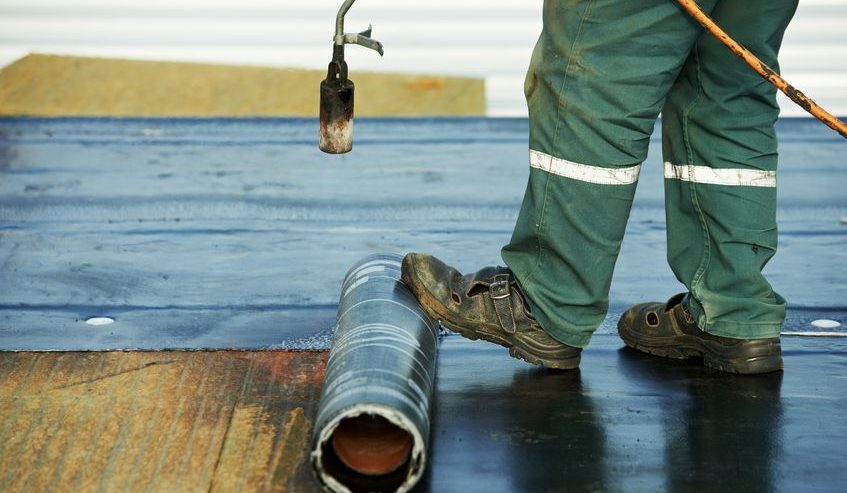The Pros and Cons of Different Roof Coating Types
Are you looking to protect your property from the top down? Then why not start by having a roof coating applied directly to the top. Roof coatings are a great way to help hedge the rising costs of labor as well as concerns on what our effect on the environment might be. Roof coatings act like a shield between your roof and the weather. They can help to block out harmful UV radiation, limit the heating and cooling cycles a roof sees, and help to prevent ponding water.
Not all coatings are created equal! Here are the pros and cons to some of the major ones.
Silicone Roof Coatings
It shouldn’t be a surprise that our list is topped by silicone. Silicone coatings have been around for a long time, and have a long history of working well and being cost effective while doing it. Silicone roof coatings are moisture cured, which means that humidity in the air can promote the process. Many silicone roof coatings also eliminate the need for a primer coat to be put on the roof before applications.
On the upside, silicone roof coatings are great at standing up to the weather. They do not get hard or brittle when exposed to what Mother Nature can throw at them. They also resist erosion very well. Silicone roof coatings can also help if you have issues with water ponding on your roof.
On the downside, silicone coatings can actually tear easily. This means that they should be applied in conjunction with a fabric to give them more mechanical strength. They are also prone to holding dirt. This means that over time you may lose some of the reflective properties of the coating, and the coating may need to be fully removed before it is replaced.
Acrylic Roof Coatings
Next on the list is good old acrylic. These roof coatings are actually water based. This property makes them very cost effective. They are also versatile and can hold up well in just about any climate.
Acrylic coating’s main strength is that they are versatile. They offer a wide variety of protection for just about any roof in any climate, which makes them a great choice for areas that throw all four seasons at a roof. They are great at resisting UV radiation and are also highly reflective.
They are sensitive to temperature—which means that they should be applied at a temperature of 50 degrees (F) or higher. They will also lose thickness over time (called mil thickness), and will need to be maintained with additional coatings. Water ponding is also not something that they are able to deal with very well, so if that is an issue, you may have to consider an alternative.
Use ServiceWhale to Get a List of Contractors for Your Roof Coating Job
Need help finding contractors willing to coat your roof? Use ServiceWhale to receive a list of customized quotes from reputable contractors today!





Comments
Comments are disabled for this post